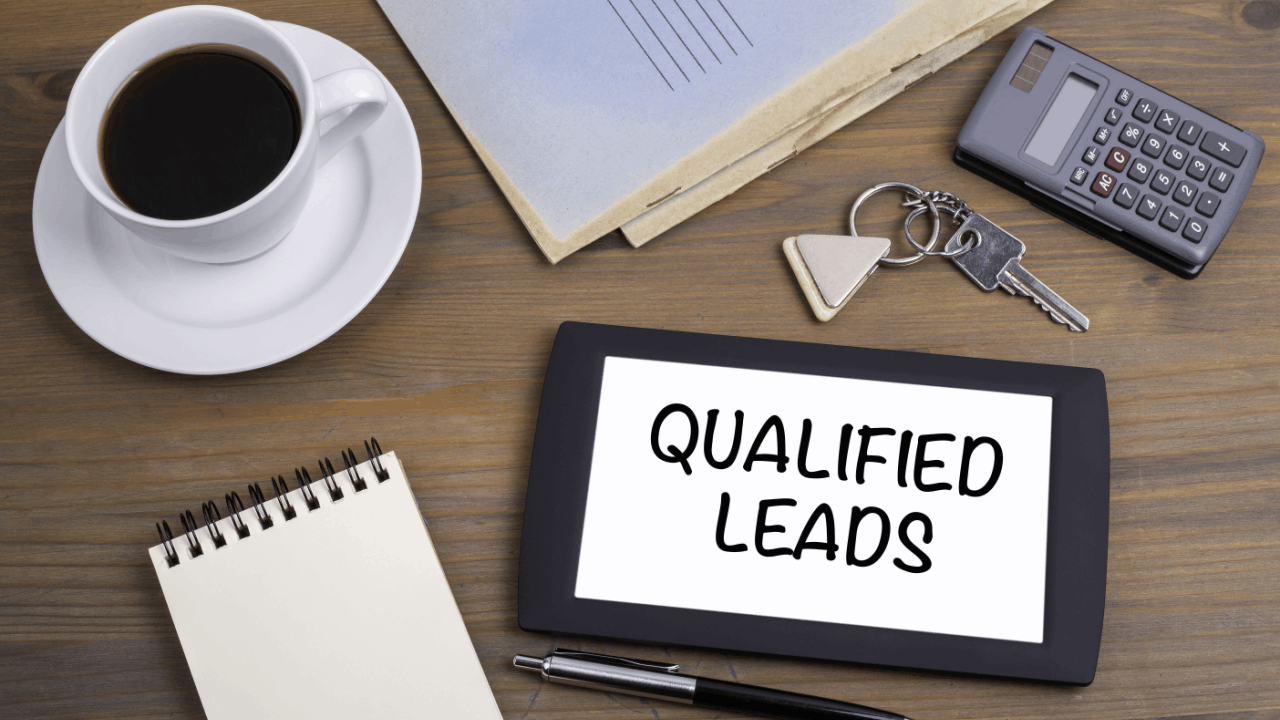- Mon - Fri: 8.30 AM - 5:00 PM
- 26565 Agoura Rd., 200, Calabasas, CA 91302
- 818-884-8075

What Does Lead Mean in Court? Legal Leads & Their Role in Law Practice
Understanding What Lead Means in Court and Legal Marketing
The term lead in court can have different interpretations, ranging from legal proceedings to client acquisition—each essential in the legal profession. In a courtroom setting, leading a witness refers to a lawyer’s technique in guiding a witness’s testimony. In legal investigations, a lead refers to critical information that helps attorneys build a case. However, in law firm marketing, a legal lead is a prospective client looking for legal representation.
Legal leads are essential for law firms and attorneys to attract new clients and grow their practice. Through legal lead generation, lawyers connect with qualified case leads, ensuring that their services reach individuals actively seeking legal help. However, to remain compliant, law firms must adhere to ABA regulations and state bar rules regarding lawyer marketing and legal advertising.
This article explores the different meanings of lead in court, the role of legal leads in law firm marketing, and best practices for client acquisition for law firms while maintaining compliance with industry regulations.
What Is a Legal Lead?
A legal lead is a person actively seeking legal services. These law firm leads help attorneys connect with potential clients who need legal representation in various practice areas, including personal injury, criminal defense, family law, and corporate law.
Where Do Law Firm Leads Come From?
Law firms acquire attorney leads through various channels, including:
- SEO & Content Marketing – Optimizing websites and blogs to attract organic traffic.
- PPC Advertising – Running paid ads on Google and social media to target potential clients.
- Referral Networks – Receiving leads through past clients and professional recommendations.
- Legal Lead Generation Companies – Partnering with third-party providers that supply qualified legal leads tailored to a law firm’s specialization.
Qualified vs. General Legal Leads
Not all case leads have the same value. A qualified legal lead meets the following criteria:
- Actively seeking legal representation.
- Matches the attorney’s practice area (e.g., personal injury, family law).
- Financially eligible for the lawyer’s services.
By focusing on qualified legal leads, law firms can improve their conversion rates and ensure efficient use of marketing resources.
What Does Lead Mean in Court? Legal Definition & Application
The term lead is commonly used in courtroom procedures and legal investigations. Here’s how it applies:
1. Leading a Witness
- A leading question is one that suggests an answer, often used in cross-examinations.
- In legal proceedings, attorneys must follow courtroom rules when questioning witnesses to avoid unfair influence.
2. Investigative Leads
- A lead in an investigation refers to crucial information that helps lawyers or law enforcement uncover evidence for a case.
- Attorneys rely on leads from witnesses, documents, or forensic evidence to build strong legal arguments.
3. Legal Leads in Marketing
- Legal leads in marketing connect attorneys with potential clients actively looking for legal assistance.
- Law firms use digital marketing strategies like SEO, PPC, and referrals to generate leads ethically and compliantly.
- By understanding these distinctions, attorneys can leverage legal leads effectively while ensuring compliance with ABA marketing guidelines.
Best Practices for Lawyers & Law Firms Using Legal Leads
To maximize legal lead generation, law firms should implement these best practices:
1. Qualify and Screen Legal Leads
- Use lead screening to determine if a potential client meets the firm’s practice area and financial criteria.
- Implement intake forms on websites to collect essential client details before engagement.
2. Track and Optimize Lead Sources
- Use CRM tools to monitor the effectiveness of different legal marketing strategies.
- Focus on high-performing channels, such as SEO, PPC, and referrals.
3. Follow Legal Advertising Regulations
- Ensure marketing practices align with ABA and state bar guidelines.
- Avoid misleading claims in legal advertising.
4. Improve Lead Conversion with Quick Responses
- Studies show that responding to legal leads within 5 minutes significantly increases conversion rates.
- Automate email and SMS follow-ups to maintain engagement with potential clients.
By applying these best practices, law firms can successfully acquire and convert qualified legal leads while ensuring compliance with legal marketing regulations.
What Lead Means in Court and Legal Marketing
Understanding what lead means in court goes beyond trial procedures. It encompasses strategic client acquisition, investigative techniques, and marketing compliance. Legal leads play a critical role in helping attorneys expand their practices, while courtroom “leads” or “leading questions” serve a distinct procedural function. Recognizing the multiple uses of the term allows law firms to operate more strategically—both in court and in growing their client base.
Generate Legal Leads the Right Way with Legal Brand Marketing
If you’re a law firm looking to capitalize on legal leads without compromising compliance, Legal Brand Marketing offers industry-compliant solutions that connect you with high-intent clients. From SEO strategies to lead generation campaigns tailored to your practice area, our platform helps attorneys grow efficiently while staying within ethical guidelines.
Start acquiring qualified leads that align with your firm’s goals—partner with Legal Brand Marketing today. Contact us today to refine your lead generation strategy and grow your law firm!
Frequently Asked Questions (FAQs)
1. What is the difference between a legal inquiry and a legal lead?
A legal inquiry refers to a general question or interest about legal services, while a legal lead is a potential client who is actively seeking legal representation and has provided contact information.
2. Can legal leads be purchased by law firms?
Yes, law firms can ethically purchase legal leads from compliant lead generation companies, as long as the practice aligns with ABA and state bar advertising rules.
3. Do all legal practice areas benefit equally from lead generation?
Not necessarily. Practice areas like personal injury, criminal defense, and bankruptcy often benefit more from legal lead generation due to high consumer demand and urgent legal needs.
4. How can law firms avoid low-quality or unqualified leads?
By partnering with reputable lead providers, using intake forms, and setting strict qualification criteria, law firms can screen for higher-quality leads that are more likely to convert.
5. Is it ethical for lawyers to use automated tools to respond to legal leads?
Yes, as long as automation is used to improve response time and not to provide legal advice. Tools like CRM automation and email responders help maintain engagement without violating legal ethics.
Key Takeaways
- The term “lead” has multiple legal meanings, including courtroom questioning tactics, investigative information, and marketing prospects for law firms.
- Legal leads are a cornerstone of law firm growth, enabling attorneys to connect with potential clients actively seeking representation.
- Qualified leads yield higher conversion rates, as they match an attorney’s practice area and financial criteria, ensuring better use of marketing spend.
- Ethical compliance is essential in legal marketing, with ABA and state bar rules governing how leads are generated, marketed to, and followed up with.
- Timely follow-up is critical in lead conversion, with studies showing that law firms responding within minutes are far more likely to retain a new client.





